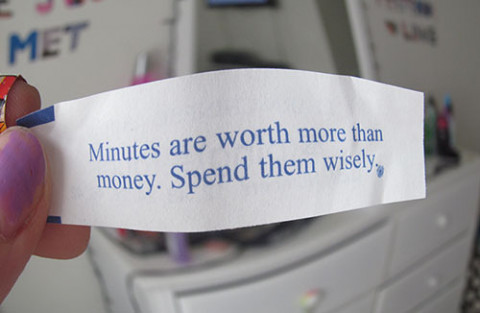.
There's an old 2012 Hey Bill that goes to two local and critical sports questions. One is the question of Earl Thomas. Most people seem to think that at ages 30, 31, 32 a free safety is too old to play impact football; I read a study one time (as well as consulted my own common sense) that I thought convincingly debunked this. The second question goes to Jerry Dipoto's aversion to signing $20M+ ballplayers, even when such players might put them over the top.
The question went:
A thought occurs to me: I see a lot of fan and press discussion of how much money players make. It seems to me that by having these discussions, the owners have scored a major victory. I mean, as a Phillies fan, I don't really suppose I care how much money the team spends on Cole Hamels. Just sign him. They aren't taking the money from me, and they aren't going to lower prices if they don't sign a bunch of players. (Why would they? If they can get the money for the ticket, they can get the money for the ticket.) They talk about how they want to avoid the luxury tax, and I am sure they would, but why should I, as a fan, care? Signing Ryan Howard to a contract doesn't seem to preclude them from also signing Cliff Lee. I think these salary discussions might be interesting on some level, but I have to wonder why I should care since I am not paying for it, and I really do not see how it affects ticket prices which are driven by the market. (A point you actually twenty years ago.)
.
Unpacking this there is an interesting set of points there:
1) It's interesting to reflect on the fact that higher and higher salary costs --- > results in a "natural selection" impetus to refine the games so that they become better, faster, more entertaining. The NFL, for example, is a passing league now and for me, it creates a dynamism in the strategy that wouldn't be there otherwise.
.
2) Spending on "one big star" (say Robinson Cano or Khalil Mack) inhibiting the ability to spend on another ... I wonder whether it would wreck the Seahawks' salary structure to sign Thomas to a $16M contract. It seems self-evident to me that a $18, $20M purchase of a Cliff Lee (or whoever) who have zero or close to zero impact on the Mariners.
.
And so, once more, it makes me wonder what it is that Dipoto has against $16, $18, $20M ballplayers. If anything.
BABVA,
Dr D

Add comment